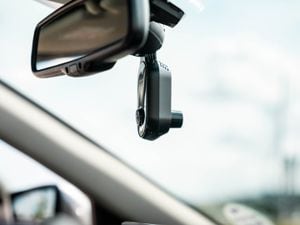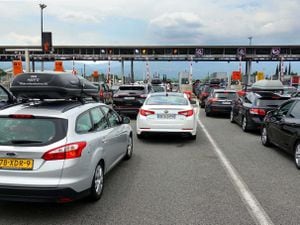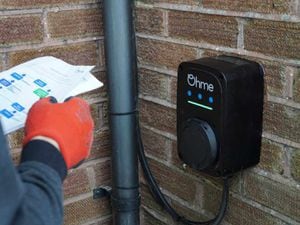What the proposed ban on diesel and petrol cars actually means
Industry experts give their view on how the government’s ban from 2040 could affect the motoring world
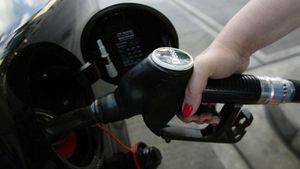
There was much furore in the build-up to the government publishing the first step of its air quality plan.
Reports said the sale of new diesel and petrol cars would be banned from 2040, but the official wording is much more vague.
In the Department for Environment, Food and Rural Affairs document, the only reference to halting sales is in section 1.7. It reads: “Central to the UK government’s objective of tackling NO2 and carbon emissions is its ambition for Britain to lead the world in electric vehicle technology and use. The government will end the sale of all new conventional petrol and diesel cars by 2040.”
What does this mean?
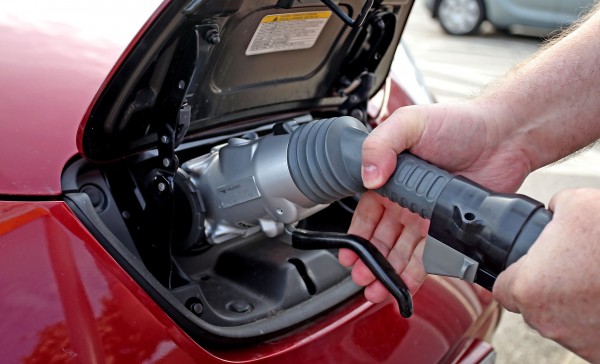
Despite many early reports suggesting that it would only be possible to buy pure electric models on the new car market from 2040, the reality is that the only vehicles to be banned will be those that don’t have an electric motor of some kind – meaning hybrids can still be sold.
However, despite impressive growth over the past year, alternatively fuelled vehicles currently hold a tiny market share.
Mike Hawes, chief executive of motor industry body the Society of Motor Manufacturers and Traders, said there needed to be “incentives to purchase” electrified cars, adding: “Currently demand for alternatively fuelled vehicles is growing but is still at a very low level as consumers have concerns over affordability, range and charging points.”
How will the 2040 ban work?
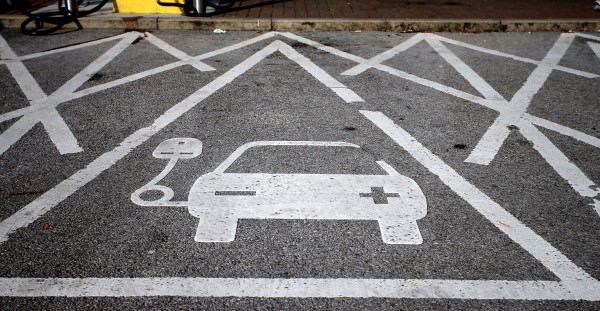
The government hasn’t explained how it is going to implement the ban, saying that it will continue to consult on the matter.
However, Gerry Keaney, chief executive of the British Vehicle Rental and Leasing Association, has called for a clear and considered ramp-up to the ban, saying: “It will have almost no impact on NOx emissions here and now. It is what the government does in the short term to kick-start the transition and maintain its momentum that really matters.”
It is also unlikely that a nationwide diesel scrappage scheme will be introduced to help people make the transition to cleaner cars. In the initial draft air quality proposal, such a scheme was called “infeasible” because of the costs involved, though smaller localised schemes could receive funding for high-pollution areas as part of a £255 million fund to support clean air zones.
Can we actually cope?
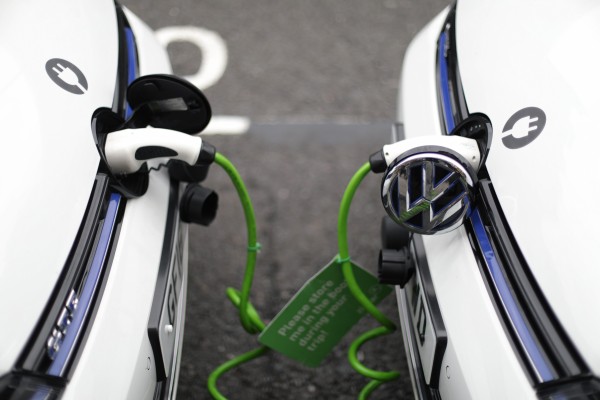
There’s plenty of debate about whether the UK’s infrastructure could even stand up to an influx of electrified vehicles. According to Zap Map, which helps EV owners find their nearest charging point, there are currently 4,574 charging locations in the UK, with 13,130 connectors between them – that would have to increase drastically to accommodate the government’s proposal.
And there are fears that the grid could be overloaded by high numbers of electric vehicle owners charging their cars at peak times.
UK Power Networks, which supplies energy to London, the east and south-east of England, recently shared its plans to transform its network to be “smarter” in order to cope with the increased demands electric cars will place on the National Grid. This includes giving consumers the option to delay charging during peak hours to save money, with communication potentially happening through an app.
National Grid chief executive John Pettigrew said that “the UK needs to find a way for millions of cars to be recharged quickly and simply as soon as possible”.
Other key issues that Pettigrew wants addressed include the “standardisation of charging points” and encouraging “technology, automotive and energy industries to work together as closely as possible to plan for the future”.
Does it go far enough?
There are, of course, those who don’t think these steps are enough.
Sue Hayman, Labour’s shadow secretary of state for environment, food and rural affairs, said: “We have had seven years of illegal air pollution under this Conservative government who have only acted after being dragged through the courts.
“Despite the scale of the problem of illegal air pollution, we are presented today with further consultations and delays…and no detail about how the government’s 2040 target will be achieved.”
Meanwhile, Ian Walker, professor of statistics and traffic psychology at the University of Bath, said: “My first impression is that this looks rather unambitious. If we know something has bad effects for public health, then to postpone a solution for decades is, implicitly, to accept that there will be a lot more of those bad effects for a prolonged period.”
Walker has also called for better education, so that using cars for short journeys becomes “difficult, expensive and/or socially unacceptable”.

